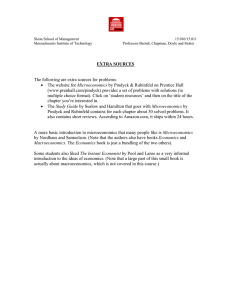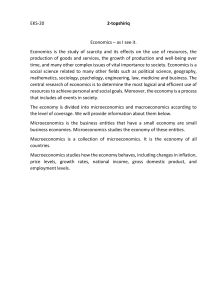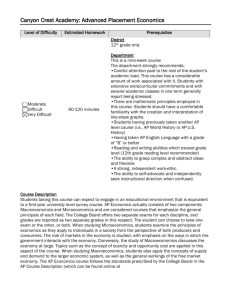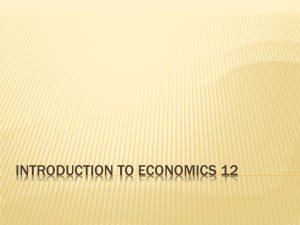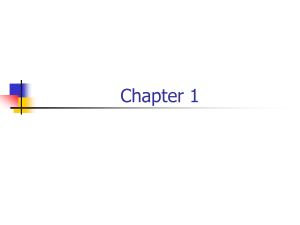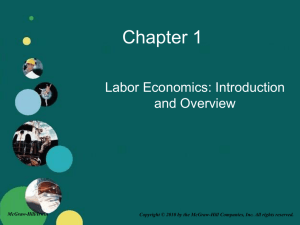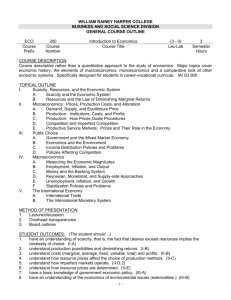Information on classes - Portail des Masters de Sciences Po
advertisement
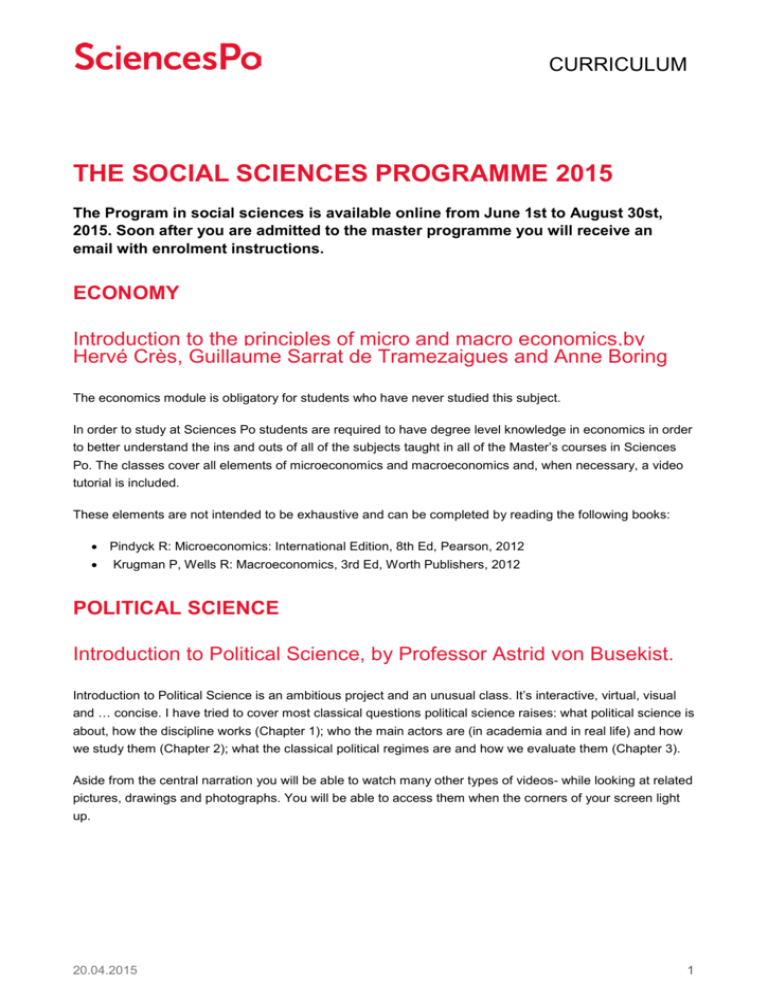
CURRICULUM THE SOCIAL SCIENCES PROGRAMME 2015 The Program in social sciences is available online from June 1st to August 30st, 2015. Soon after you are admitted to the master programme you will receive an email with enrolment instructions. ECONOMY Introduction to the principles of micro and macro economics,by Hervé Crès, Guillaume Sarrat de Tramezaigues and Anne Boring The economics module is obligatory for students who have never studied this subject. In order to study at Sciences Po students are required to have degree level knowledge in economics in order to better understand the ins and outs of all of the subjects taught in all of the Master’s courses in Sciences Po. The classes cover all elements of microeconomics and macroeconomics and, when necessary, a video tutorial is included. These elements are not intended to be exhaustive and can be completed by reading the following books: • Pindyck R: Microeconomics: International Edition, 8th Ed, Pearson, 2012 • Krugman P, Wells R: Macroeconomics, 3rd Ed, Worth Publishers, 2012 POLITICAL SCIENCE Introduction to Political Science, by Professor Astrid von Busekist. Introduction to Political Science is an ambitious project and an unusual class. It’s interactive, virtual, visual and … concise. I have tried to cover most classical questions political science raises: what political science is about, how the discipline works (Chapter 1); who the main actors are (in academia and in real life) and how we study them (Chapter 2); what the classical political regimes are and how we evaluate them (Chapter 3). Aside from the central narration you will be able to watch many other types of videos- while looking at related pictures, drawings and photographs. You will be able to access them when the corners of your screen light up. 20.04.2015 1 CURRICULUM HISTORY 20th Century Comparative History US-Europe, by Professor Pap N’Diaye LAW Law in the World of Multiple Legal Orders, by Jean-Yves Gontier This course serves a double aim. It performs the conventional function of an introduction to law course, laying the foundations for understanding the role of law and legal institutions in the contemporary world. At the same time, however, it acknowledges the necessity - especially for those students who entertain the idea of a career in law - of appreciating the increasingly multi-jurisdictional character of law. Each week's theme and readings are meant to enable students to navigate among legal systems and understand the complex interfaces between and among them. 20.04.2015 2


